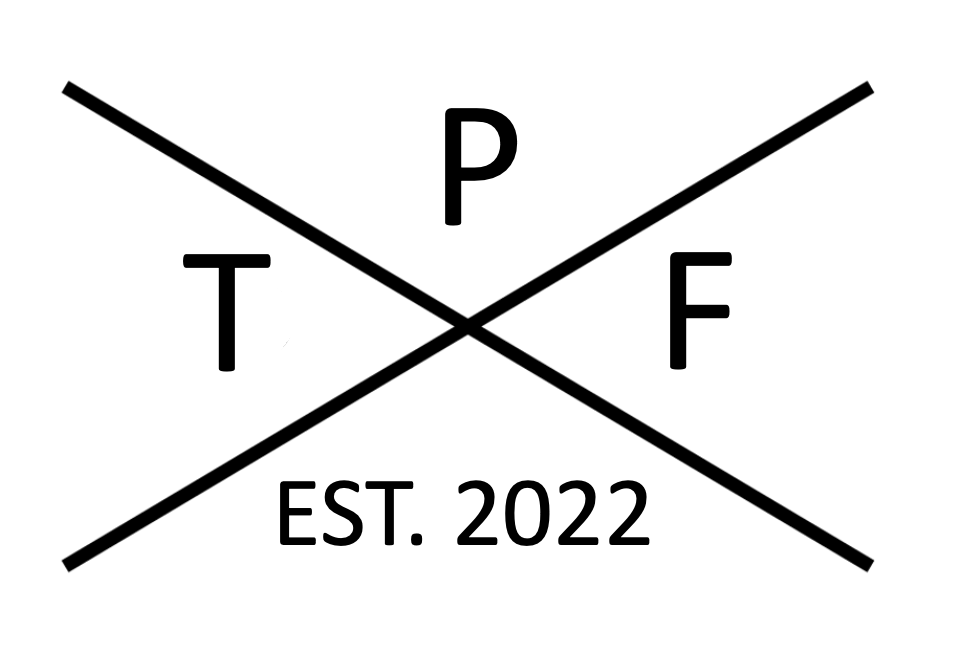As the banking sector stabilizes following a few weeks of turmoil, the focus shifts toward lingering recession concerns. Unsurprisingly, worries about a recession can significantly impact consumer confidence, leading to cautious spending behavior and economic repercussions. When everyday people are concerned about the economy and uncertain about their financial future, they tend to tighten their belts and reduce discretionary spending. This can decrease consumer demand, reduce business sales, and potential job losses.
Additionally, low consumer confidence can also affect investment decisions, as individuals and businesses may delay or cancel plans for significant purchases. While the Federal Reserve has been steadily increasing interest rates, it remains to be seen if that will be enough. The Fed will meet again in May, and we will likely see another 0.25% hike at a minimum. Policymakers and businesses alike need to closely monitor consumer sentiment and take appropriate measures to restore confidence and stimulate spending to support economic recovery.
Oil and Energy Prices
This week, the Organization of the Petroleum Exporting Countries (OPEC), a group of oil-producing countries that collectively coordinate oil production levels to influence global oil prices, announced that they will cut production next month. Despite President Biden’s lobbying efforts to increase production, it appears that these countries are not being influenced by the US. As expected, one of the primary impacts of OPEC cutting production is an increase in oil prices, which has already started. By reducing the overall oil supply, OPEC can create a supply shortage, driving up prices. This can result in higher costs for consumers and businesses that rely on oil, such as the transportation and manufacturing industries.
Additionally, OPEC’s production cuts can have geopolitical and economic implications, as they can impact the economies of both oil-producing and oil-consuming countries. Some countries that heavily rely on oil exports for their revenue may experience reduced income and economic challenges, while other countries that are net oil importers may face increased energy costs and inflationary pressures. Overall, OPEC’s decision to cut production will likely have widespread effects on global oil prices, economies, and various industries worldwide.
The ongoing war between Ukraine and Russia has highlighted the risks of relying on a single country for most energy needs. The upcoming production cut and rising oil prices have brought the urgent need to develop alternative energy sources to the forefront. As oil prices continue to increase, it becomes imperative to diversify the United States energy portfolio. Without increased energy independence, the US will remain susceptible to volatile energy markets, likely resulting in higher costs for average families. The US must prioritize and invest in the research, development, and deployment of alternative energy sources and effective utilization of our own fossil fuels to mitigate the negative impacts of rising oil prices.
Job Market
The latest US jobs data released this week showed that the economy created 236,000 jobs, and unemployment fell to 3.5%. While this may appear to be good news on the surface, especially considering that unemployment was over 10% just three years ago, the jobs data suggests that the economy is slowing overall. A slowing economy and weak job growth can have far-reaching effects on various aspects of our society. As businesses struggle to thrive following the pandemic, they may cut back on hiring, resulting in increased unemployment rates and reduced job opportunities for workers. Over the past few months, we have seen this trend as countless companies have been laying off thousands of workers, with McDonald’s being the latest company to announce layoffs. Overall, the slowing economy combined with weak job growth is creating a ripple effect that impacts livelihoods, businesses, and the country’s overall well-being.
Taxes are Due
As a reminder, Tax Day is fast approaching on April 18th, and if you haven’t already prepared your documents, time is running out. If you have complex financials and haven’t filed yet, it may be wise to consider filing an extension to avoid potential late penalties.

